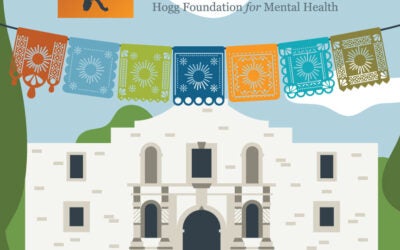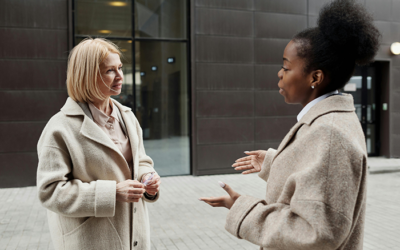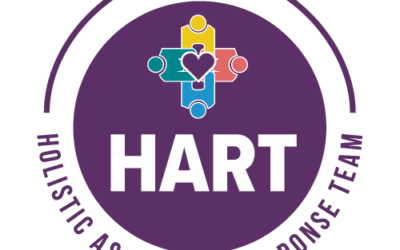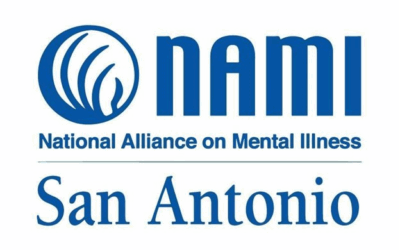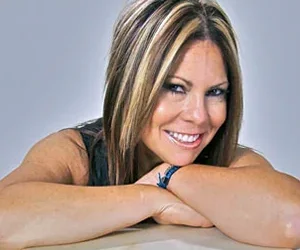A’ndrea McAdams is the director of the City of Sundown Library, a 2023 recipient of a Reliable Flexible Funding grant from the Hogg Foundation. A’ndrea is an experienced librarian and grant writer with a passion for community wellness. She will be presenting a panel during the upcoming Robert Lee Sutherland Seminar (RLS) titled, “From Mission to Money – Effective Grant-Writing Basics: Funding Success Starts with a Strong Story.”
We spoke to A’ndrea about the City of Sundown’s Library’s unique standing as a community hub, and her goals for her RLS session. The views expressed in this blog post are those of the author. Our interview has been lightly edited for length and clarity.
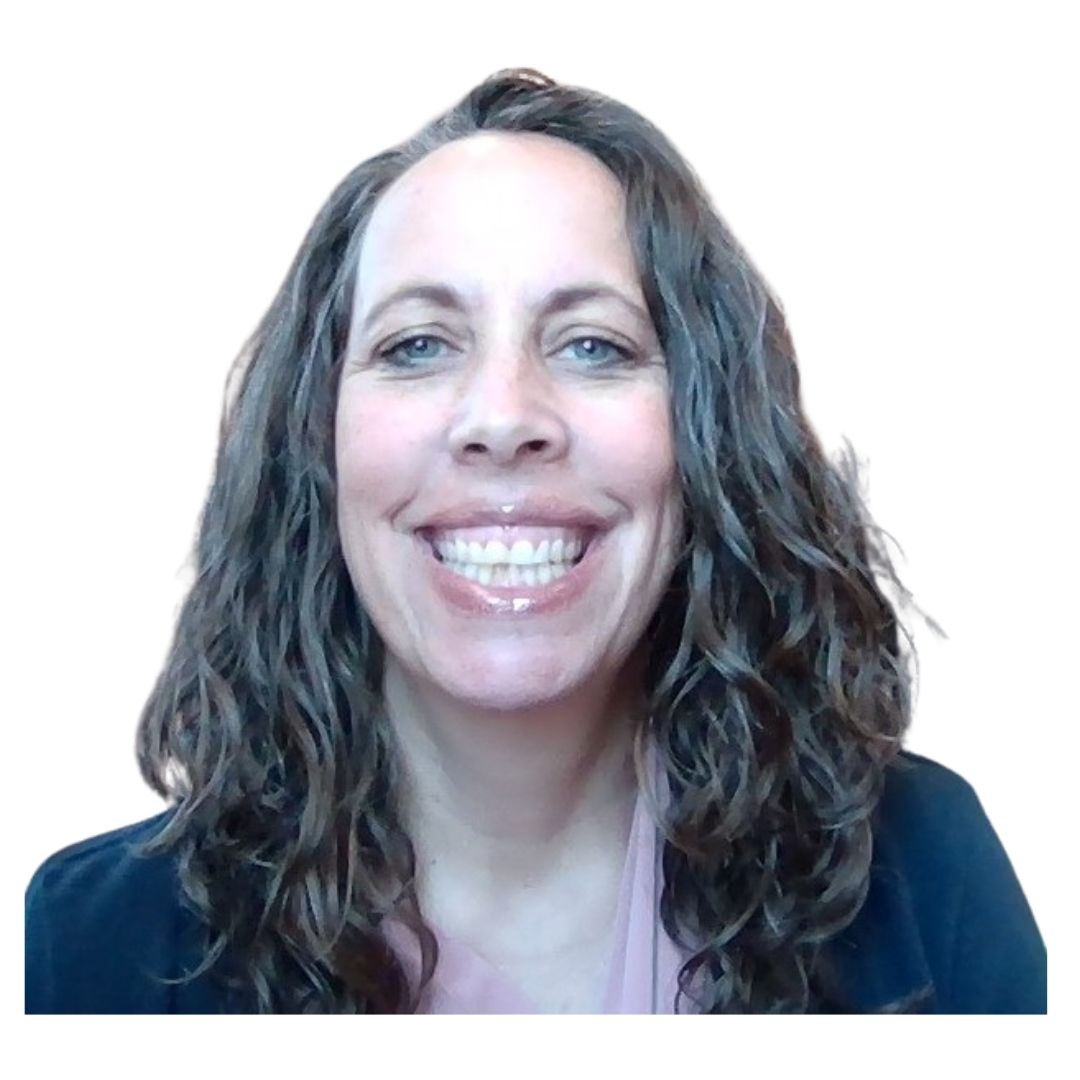
The session you’ll be presenting at RLS is part of the Grant Writing and Fund Development track. What are some of your goals for the session, and what do you hope attendees take from it?
Maybe it was just me, but when I was starting out with fundraising, I wasn’t sure where to start, who to ask, what funders are looking for. I am hoping novice attendees will get the who, what, where answers. Applying practical strategies for an impactful proposal and aligning their organization’s mission with funder priorities is of foundational importance and can save time and effort. For those who have some grant writing experience, this session could help with some of the storytelling (narrative) components. The goal is centered around understanding the structure and purpose of grant proposals. I hope that some of the lessons learned will help others in non-profit organizations streamline. There will be the let-downs of a rejection letter, but hopefully some tips will help attendees have more wins and come out ahead for their organizations.
Some people might be curious about a library director presenting at a seminar on mental health. What do you see as the connection between libraries and mental health?
From experience, struggling with mental health – either personally or alongside a loved one – can be isolating. Libraries are useful places for social connections like programs and outreach, yet libraries are also an escape, either in a book or just a quiet area. Our purpose at the City of Sundown Library goes beyond just boosting our literature to patrons needing a resource. We want to be that mental health first aid responder. I say librarians are the “G-rated bartenders” because we offer a listening ear, a warm smile, and a safe space for all ages in all situations. Being in a rural town, we also want to make health equity accessible, so partnering with the larger city’s services through a telehealth hub is a natural fit. Not only does it allow access to those with transportation disparities, it also becomes a place of anonymity. A person can have a teletherapy appointment or join a peer support group in a private space.
What’s unique about your approach to your work?
What’s special about being in information sciences is that we librarians are the connectors to avenues of growth. Traditionally, that has been through putting a book in someone’s hands. These days, however, it can be free access to team-building video games or a telemedicine hub to bridge health accessibility. Additionally, promoting mental health improvement within our community is adapting in our outreach services. I love that we are not the “typical” rural library.
We have a free seed swap so our community can take advantage of therapeutic horticulture. Our textile arts program, aka The Crochet Club, is an inter-generational gathering that produces a tactile project. We also collaborate with another non-profit to send these scarves and hats to soldiers. While my practices are centered around the ONE person that I can assist that day within my community, I also try to focus on how our community can improve its overall well-being. I care about how we can reach out of our bubbles to others.
Can you share one personal anecdote from the City of Sundown Library that testifies to the impact you’re trying to make?
While we were still in our smaller original facility (before the massive renovation project of 2023-2024), there was a new family who had moved from a much larger central Texas town. One day she quietly asked about any book clubs that we might offer to help mothers connect within the community. “It’s a bit tight-knit, and I’m really having trouble breaking through,” she said with tearful eyes.
Having been in her shoes a decade prior when our family returned to my husband’s rural hometown, I was completely empathetic and knew the lonely feeling she was having. The library had saved me from a deep mental crisis because it was my adult connection lifeline. That is how I view the library – we are a lifeline to those on the fringes and through our programs, we can help the isolated feel a pulse in the quietness of small-town living.
Related Content
Three Things to Know About Meeting with Policymakers
From the Robert Lee Sutherland Seminar Policy Pre-seminar, here are three things to know about meeting with policymakers.
Rising Voices: Telling Your Story
When personal stories are shared with policymakers, not only do they draw attention to important issues, but they also resonate in ways that facts and data alone cannot.
2025-2026 Mini-Grants for Innovation, Capacity-Building, and Community Well-Being
The Hogg Foundation is pleased to announce the recipients of the 2025 Robert Lee Sutherland Mini-Grants.
Toward a More Effective 911 Alternative
This blog post is guest authored by Larry D. Brown Jr., PhD, associate director for Community Health and Violence Prevention Services at Harris County Public Health. He presented a session at the Robert Lee Sutherland Seminar as part of the Building Partnerships and Collaboration track.
Stronger Together
This blog post is guest authored by Doug Beach, executive director of NAMI Greater San Antonio. He will be presenting at the Robert Lee Sutherland Seminar in the Building Partnerships and Collaboration track.
Rhythms of Resilience: An Early Look at the Robert Lee Sutherland Seminar
This year’s RLS seminar will feature a keynote experience unlike any other—a powerful blend of rhythm, connection, and healing led by Grammy Award–winning percussionist Nina Rodriguez.

